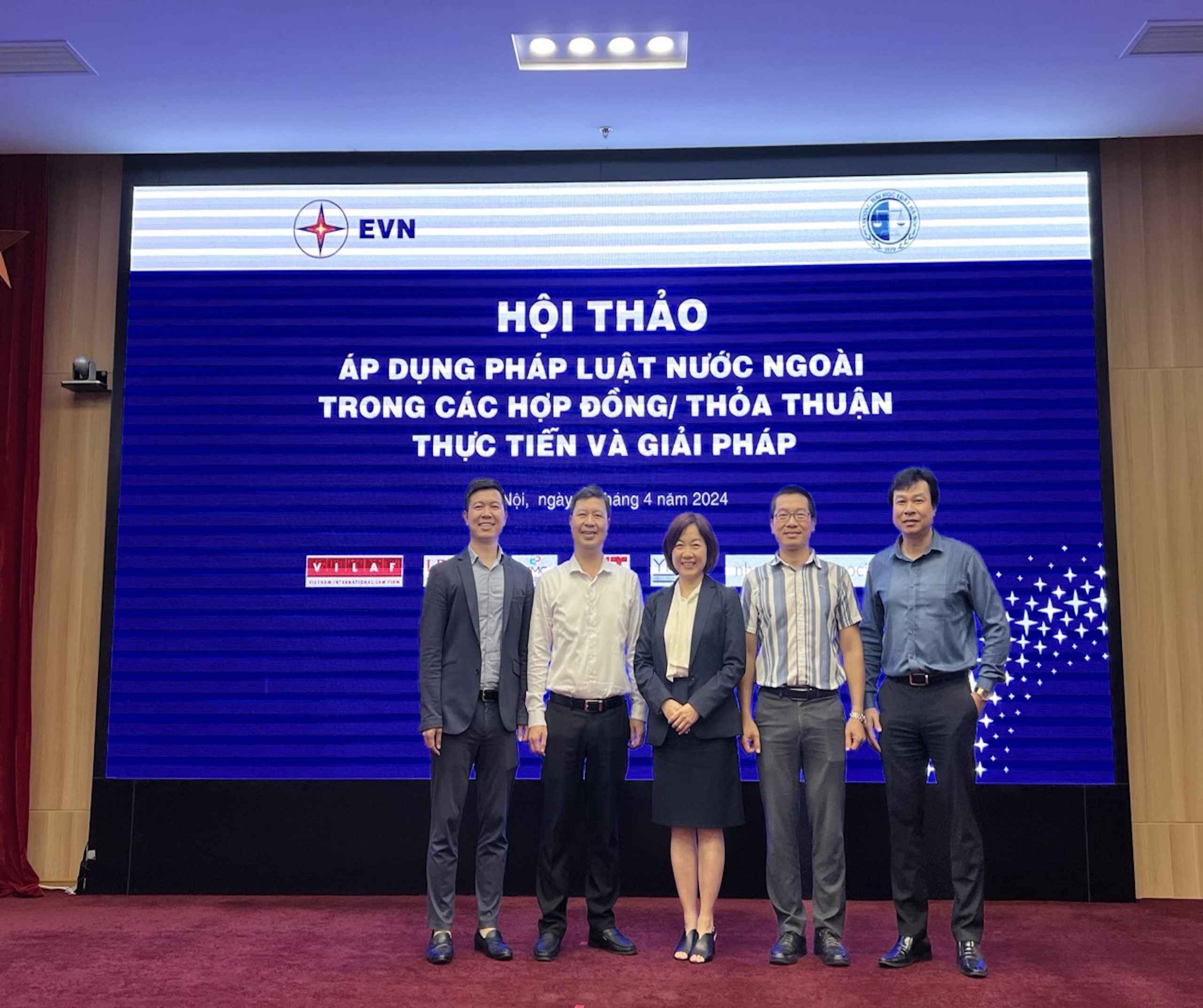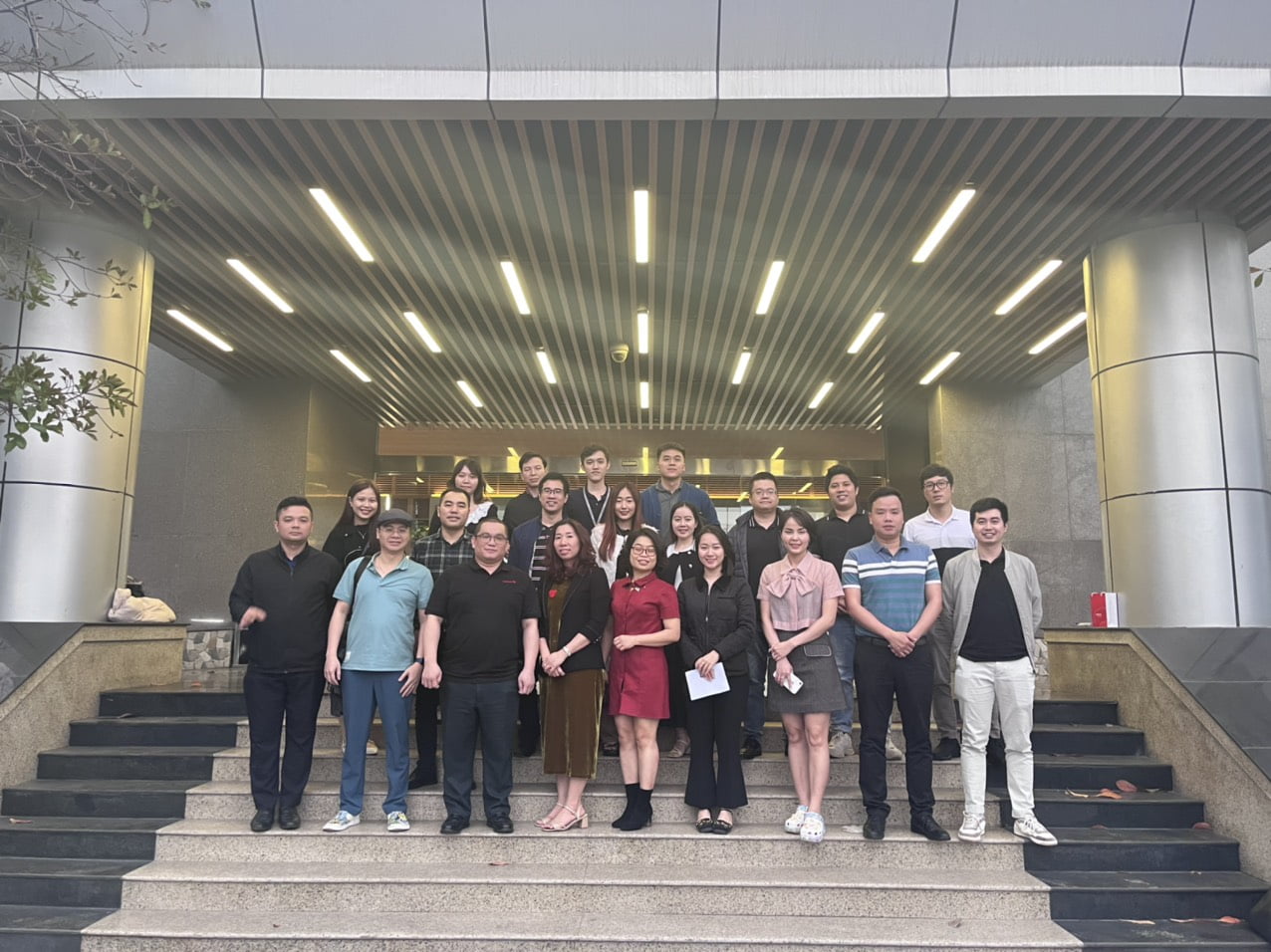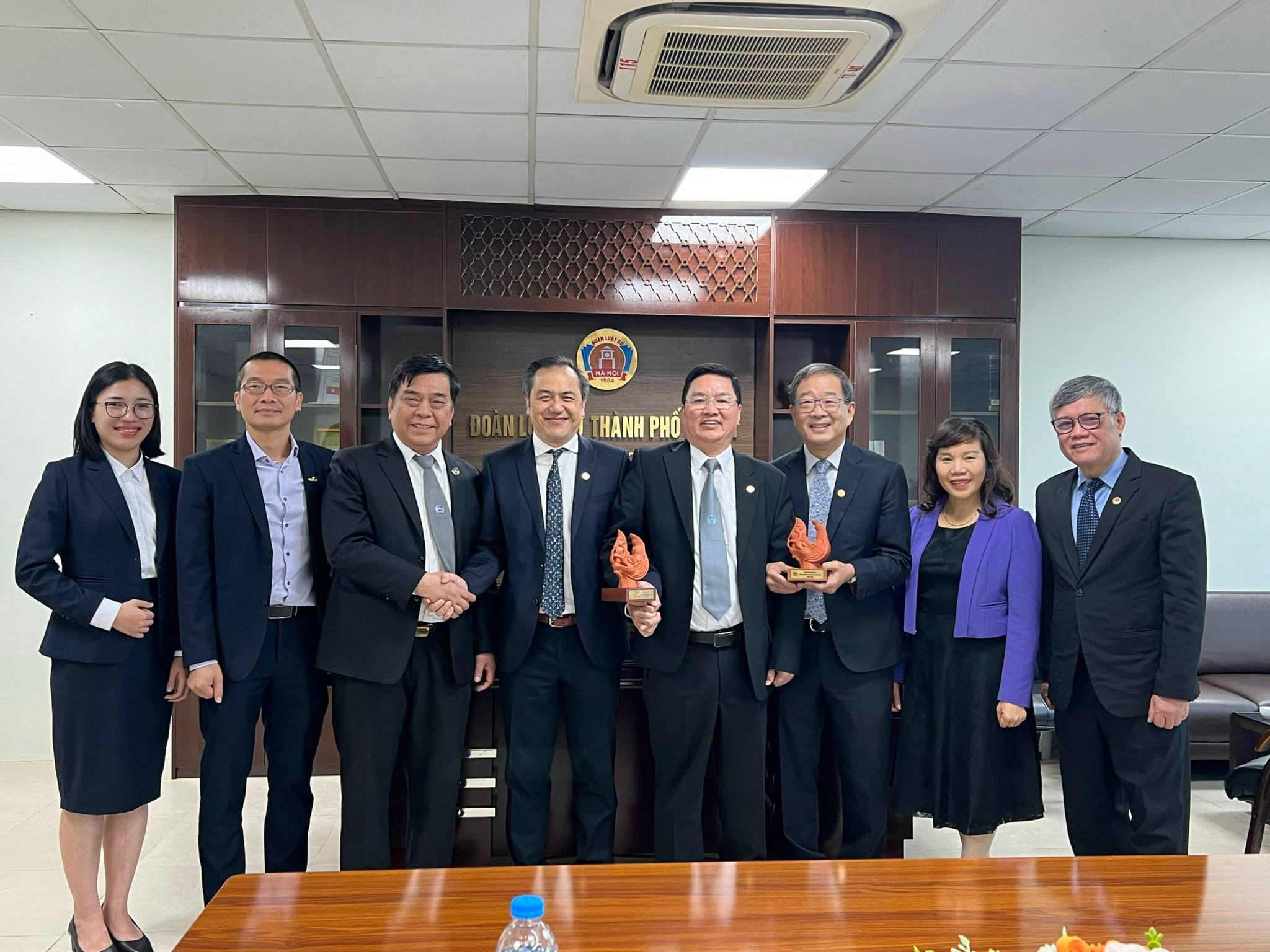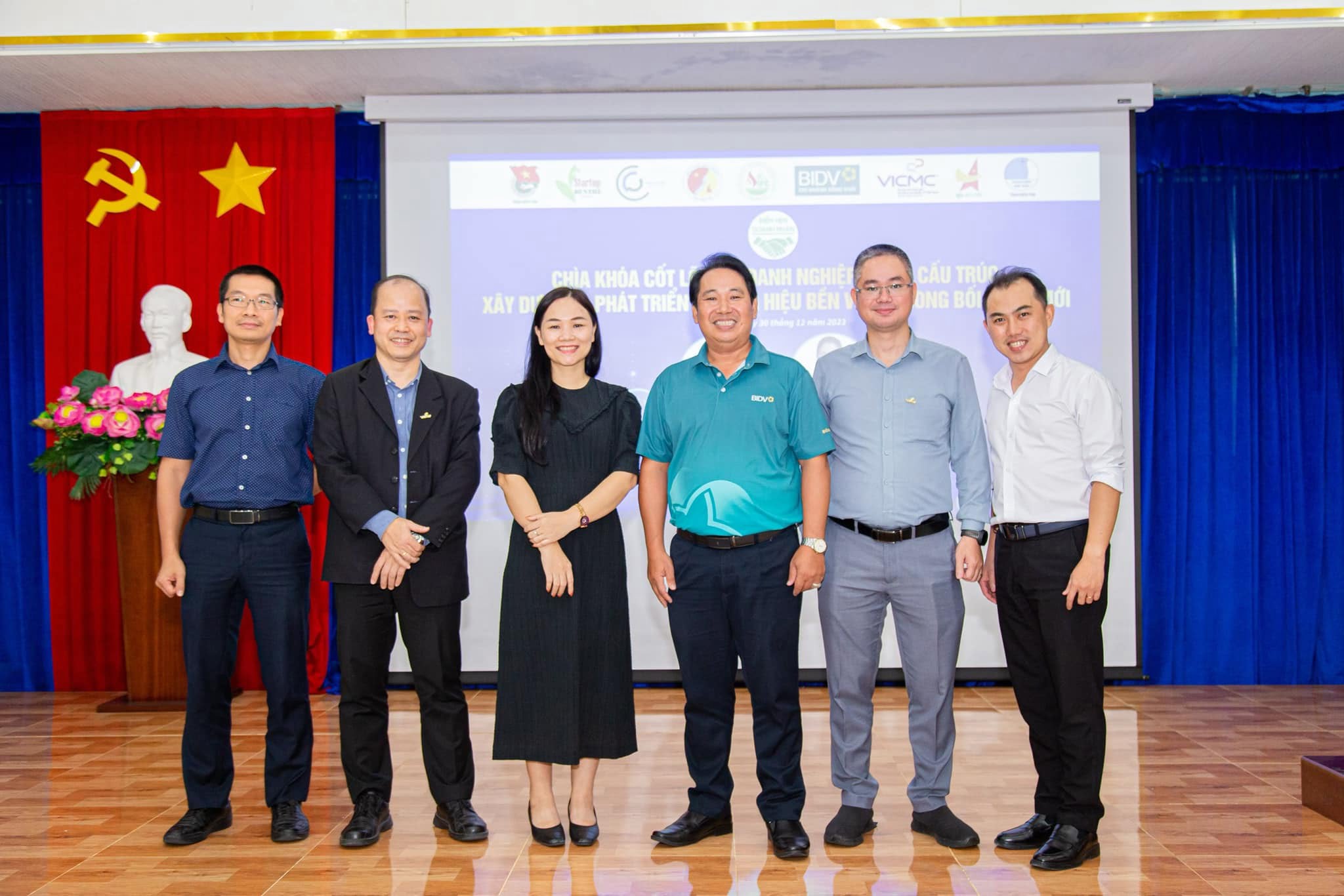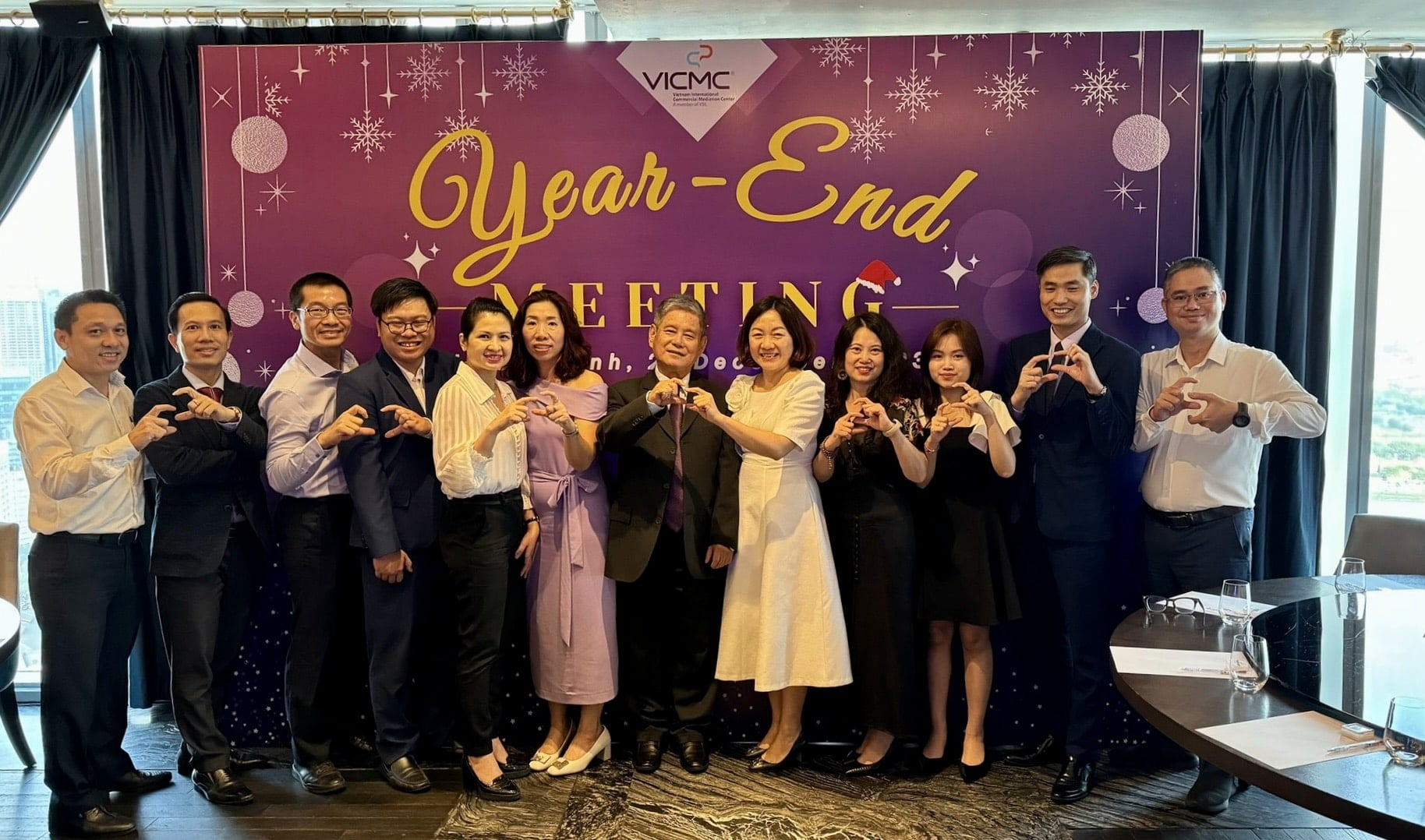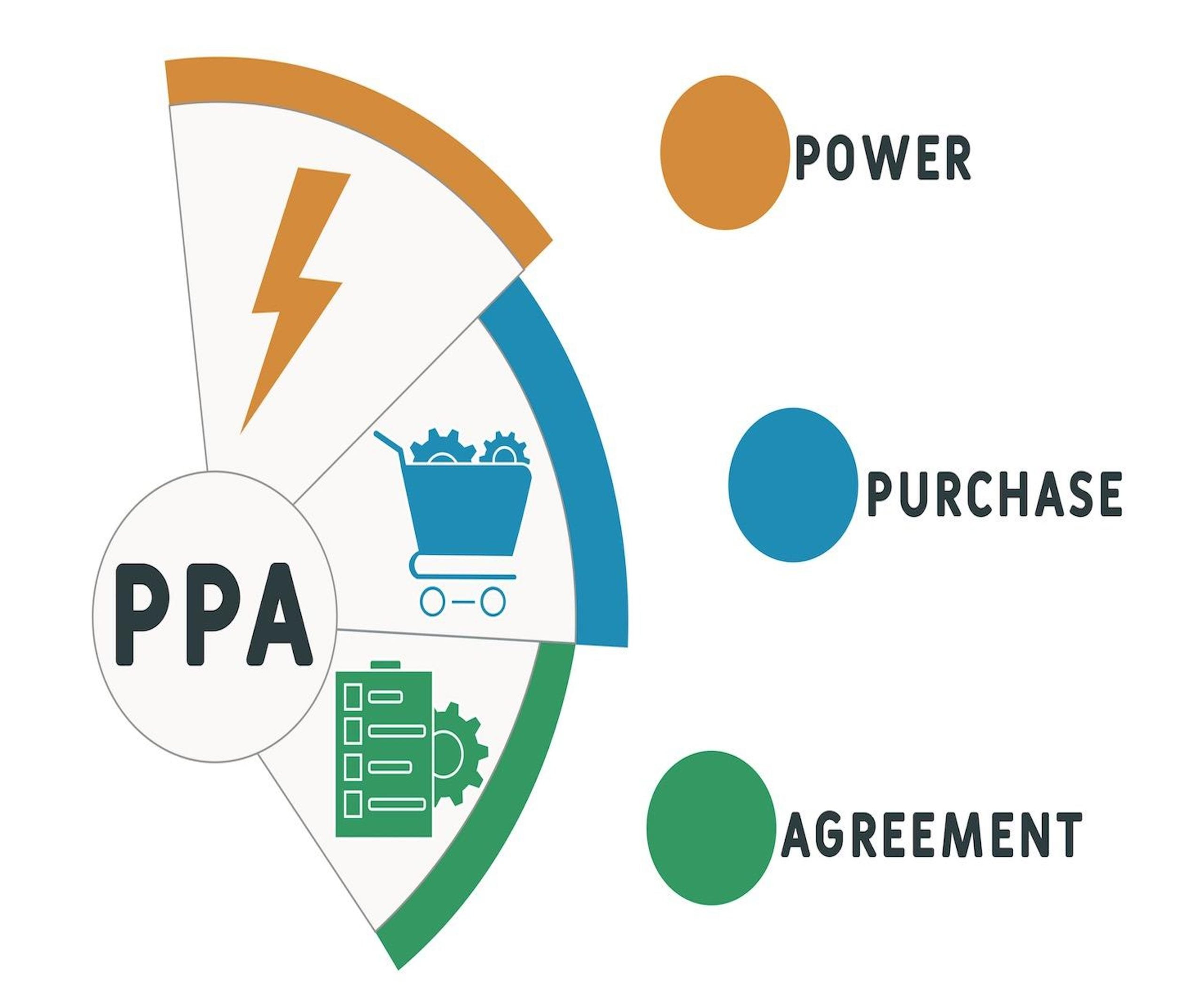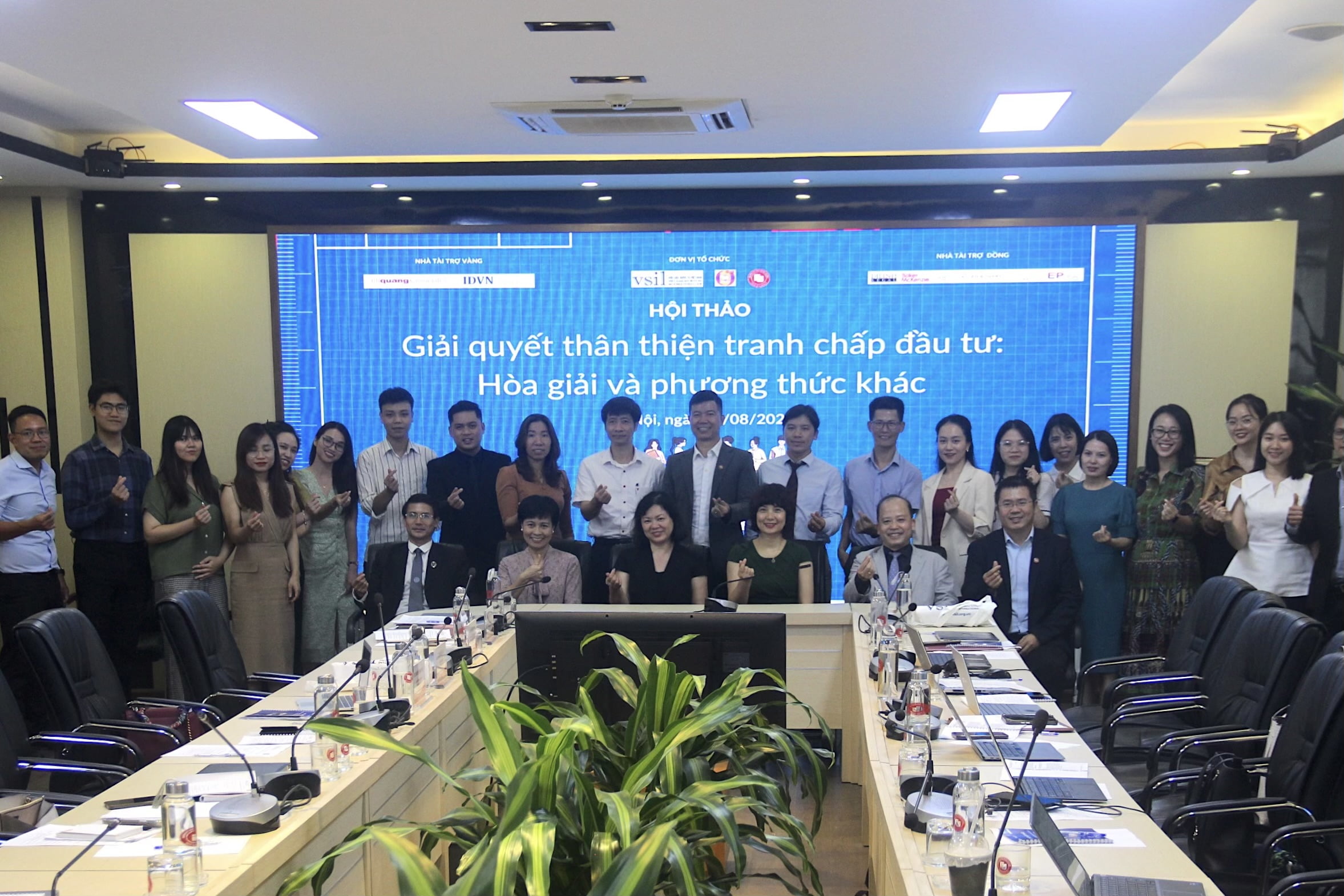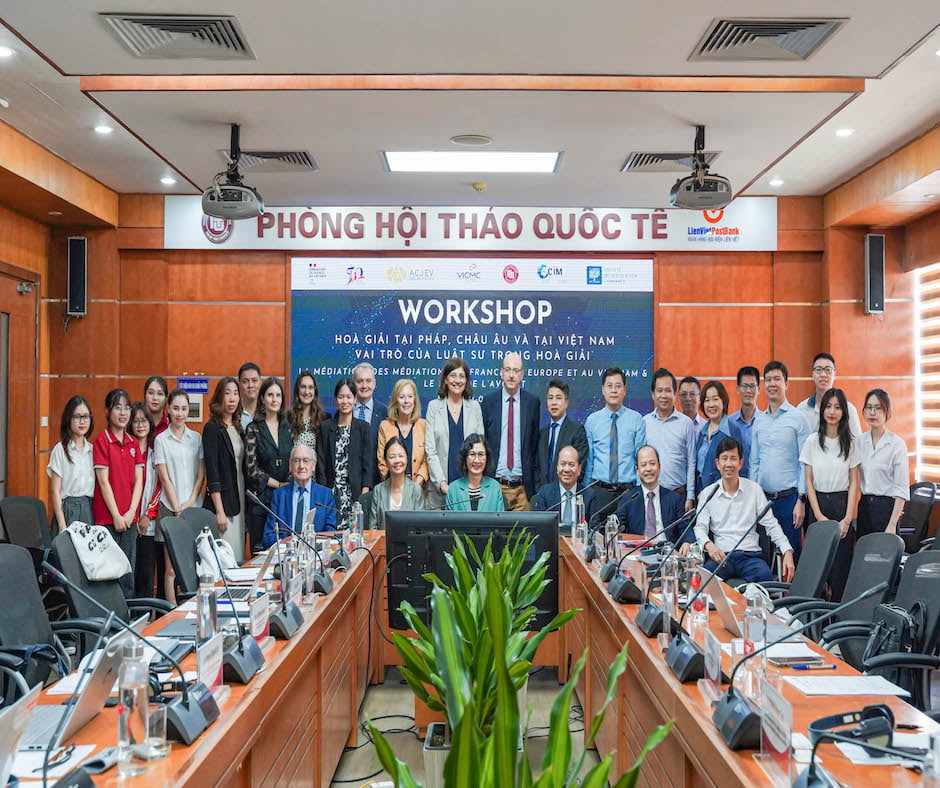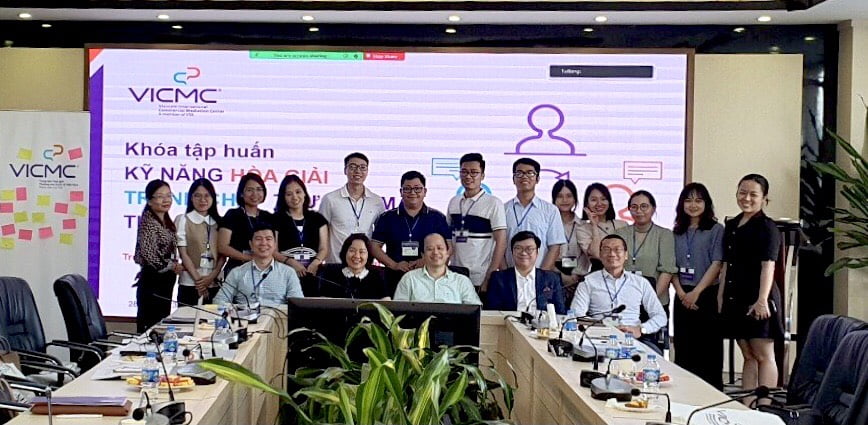Promoting the development of international trade is a trend in countries around the world; therefore, international trade contracts are increasingly popular and widely used. However, in international trade, the parties are from various countries that under the same contract, which causes differences in the application of regulatory laws as well as differences in the way the law is applied when resolving disputes. So in those cases, what do businesses need to keep in mind when entering the market?

In the discussion in the Business and Law program of Voice of Ho Chi Minh City (VOH), Lawyer, Mediator Nguyen Hung Quang – President of Vietnam International Commercial Mediation Center gave the audience general overview of international trade practices.
Lawyer Quang shared that there are currently three main sources of law governing international commercial contracts, including:
- International treaties: Conventions, mutual legal assistance agreements,…
- National laws;
- International trade practices: UCP 600, Incoterms, international payment regulations,…
Traders need to choose from their will the applicable law for easy implementation. In some cases, they need to avoid conflicts of law to be able to easily resolve disputes.
In addition, in current practice, legal conflicts often occur in international trade contracts because traders come from different countries with different legal systems, cultures, and commercial business practices. Therefore, legal mechanisms for dispute resolution to harmonize the goals and desires of traders are necessary.
For Vietnamese traders, when establishing international commercial contracts, it is necessary to pay attention to the regulations in the 2025 Civil Code and 2005 Commercial Law; traders need to consider factors about contract safety, comprehensiveness, whether a third party is involved or not? Specifically, in the contract, it is necessary to determine the will and desires of the parties; it is necessary to draft the contract so that it is easy to understand during implementation; it is necessary to take into account risk sharing between parties to reduce the possibility of disputes when one party feels less beneficial than the other.
Choosing alternative dispute resolution methods such as arbitration and mediation is also extremely important when a dispute occurs. Among dispute resolution methods, mediation addresses the question of ensuring harmony and is gradually being included as terms in international commercial contracts.
Listen to Lawyer Nguyen Hung Quang’s interview here.
Secretariat


